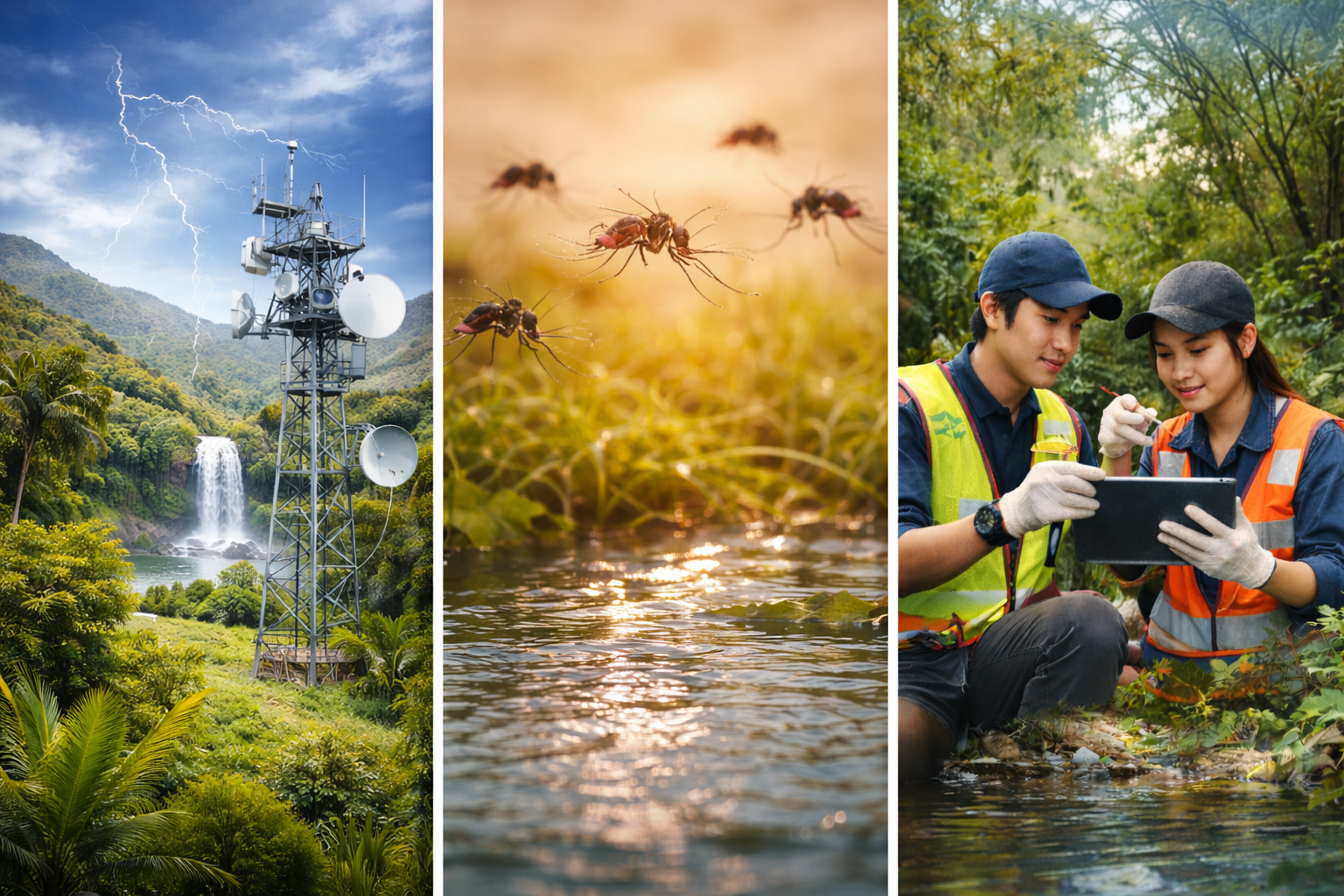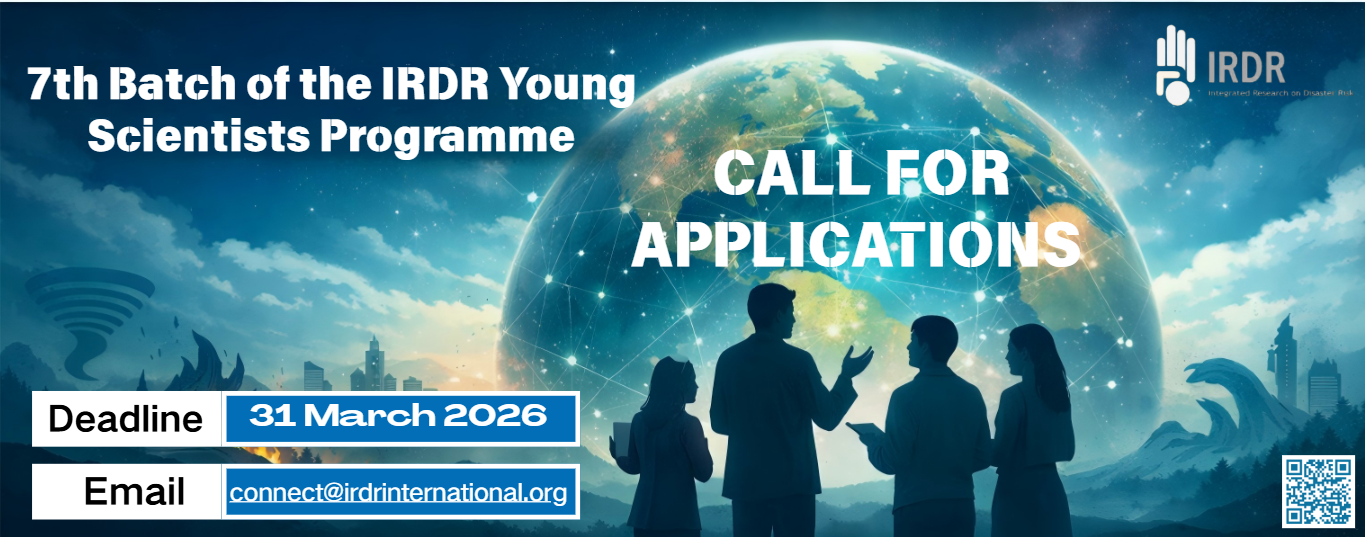November 5, 2024
On November 5th, as nations worldwide observed World Tsunami Awareness Day, UN Secretary-General António Guterres emphasized the pivotal role of early warning systems in mitigating the destructive impacts of tsunamis and other extreme weather events. This year's observance was particularly significant, marking the 20th anniversary of the Indian Ocean Tsunami, one of the deadliest natural disasters in recent history, which claimed over 230,000 lives.
Guterres highlighted the ongoing risks posed by tsunamis, with approximately 700 million people globally still vulnerable to such threats. He stressed the importance of the UN's Early Warnings for All initiative, launched in 2022, which aims to achieve universal access to critical alert systems by 2027. This initiative underscores the UN's commitment to leveraging early warning systems as cost-effective, life-saving tools in an era where human-induced climate change exacerbates the frequency and intensity of natural disasters.
In the wake of this tragedy, significant strides have been made in enhancing early warning systems and disaster preparedness efforts. The Integrated Research on Disaster Risk (IRDR) has played a pivotal role in advancing early warning capabilities to mitigate the impact of tsunamis and other natural hazards. IRDR's achievements in the field of early warning systems have been commendable. One notable example of IRDR's impactful contributions is the organization of the Disaster Risk Reduction (DRR) Session titled "New Data Technologies for DRR Early Warning and Early Actions" at the prestigious 3rd International Forum on Big Data for Sustainable Development Goals (FBAS). This session not only underscored IRDR's dedication to leveraging emerging technologies for disaster risk reduction but also made significant strides in aligning with Priority 5 and Priority 6 of the Global Research Framework.
Furthermore, IRDR's focus extends beyond traditional tsunami threats to encompass more complex scenarios involving compound and cascading hazards. By recognizing the interconnected nature of disasters and the potential for multiple hazards to converge, IRDR remains at the forefront of research and innovation in anticipating and mitigating the impacts of such multifaceted challenges.
As Secretary-General Guterres aptly concluded, "Together, let's ensure people's futures are not swept away by tsunamis. Let's build resilience - now." This call to action resonates deeply as communities around the globe strive to fortify their defenses against an unpredictable and increasingly volatile climate landscape.





